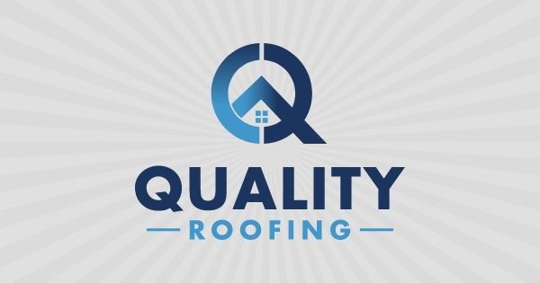What is a Roof Certification?
A roof certification is a document granted by a roof inspector that confirms the roof on your house has been inspected (or, if necessary, repaired), is free of flaws, and is estimated to last for the period the certificate states. Roof certifications are separate from home inspection. They are needed because home inspectors rarely perform a thorough inspection of the roof.
Inspectors look for specific roofing issues such as missing, damaged, or loose roofing materials, flashing, drip edges, ventilation ridges, or caps. They also grade the roof on its overall condition. If the roof does not require any repairs or upgrades, the roof inspector will estimate the remaining life of the roof. A roof certification is typically valid for two to five years in Florida.
Why Is a Roof Certification Important?
There are several reasons why a roof certification is essential.
- Certification Protects the Buyer
If you are buying a house, you can never be assured that the roof is in good condition after a general inspection. A roof certification is a more comprehensive professional roof inspection performed exclusively for the roofing system. The inspector takes an in-depth look at the structure to identify any problems you need to address before purchasing the property. - Certification Can Help You After the Hurricane
Once you contact the insurance company after a hurricane, an insurance adjuster comes to your home to inspect your damaged roof. One of the things they look for are any pre-existing conditions that occurred before the hurricane. Certification provides proof that there were no pre-existing problems or that you took care of any repairs before the storm. - Certification Helps You Keep the Roof Warranty
Roof warranties provide protection/compensation for any roof problems resulting from manufacturer defects or roofing contractor errors. One of the ways to keep your roof under warranty is to schedule a certification every three to five years and routine annual inspections. Certification ensures that your roof stays under warranty for the duration of the contract.
Regardless of the situation, a certification informs the homeowner, agency, or buyer that the roof is safe, structurally stable, and in good working condition. The certification also discloses any problems with the roof so that the homeowner can take care of them immediately.
What Do Roof Inspectors Look For?
A roof inspection is a comprehensive assessment to determine the integrity of the entire roofing system and supporting structure. A roof inspection includes the following:
Quality of Workmanship
The inspector will look for problems in workmanship (the installation or construction of the roof). They may identify contractor errors that lead to leaks or roof damage down the road. There may have been problems with the chimney, skylights, vent pipes, or flashing. If there are any issues with the workmanship, your roofing contractor may correct the issues outlined in the warranty.
Leaks in the Roof Interior
The inspector may go up into the attic to identify any damage from leaks. For instance, there may be water damage in the insulation, ceiling, or between the walls. The inspector may look for cracks, water spots, or mold. There may be signs that water is making its way throughout the house, even if you do not know it is there.
The Condition of All Roofing Material
The roof is made of numerous components that all work together to form the roofing system. If any of these components are damaged or worn out, they need to be replaced before anyone purchases the house. An inspector checks roofing materials, such as shingles, decking, flashing, fasteners, gutters, or seals around any roof protrusions.
Structural Integrity of the Roof
One of the most important issues to address is the overall structural stability of the roof. The inspector checks for uneven decking, signs of sagging or the soffit, fascia, and gutters condition. There will also be a critical assessment of the venting and whether improper venting has led to any heat or moisture buildup.
How Often Should You Get Your Roof Inspected?
It is a good idea to schedule a professional roof inspection once every one to two years in moderate climates. However, the Florida climate contains elements that are harsh on residential and commercial roofs. Roofing systems must hold up well under high winds, hurricanes, sea spray, hail, high humidity, and hot temperatures.
For this reason, most roofing contractors recommend that you schedule a professional roofing inspection one to two times per year. You may want to have your roof inspected before hurricane season or after a hurricane comes through the area. Doing so can ensure that your roof is structurally sound and provides adequate protection.
Roof Inspection Help Sell Homes
If you live in an older home and decide you want to sell, you will quickly discover that you compete with thousands of newer homes on the market across the coast. This makes it more difficult to sell your property at the price you want. If you have any structural issues in the roofing system, it could take up to a year for you to find a buyer.
A roof certification tells buyers that although your home is older, it is still in excellent shape. Certification demonstrates that you have taken care of the house through the years and that buyers will enjoy the home for many years to come. An inspection also shows that you have nothing to hide and that the buyer will not experience any surprises after you close on the sale.
Schedule a Free Roof Inspection
Quality Roofing offers premier roofing services for homeowners in Florida. To schedule a free roof inspection, call (850) 753-0041 or fill out the quick form on our contact page.
The post What is a Roof Certification? appeared first on Quality Roofing Solutions.

